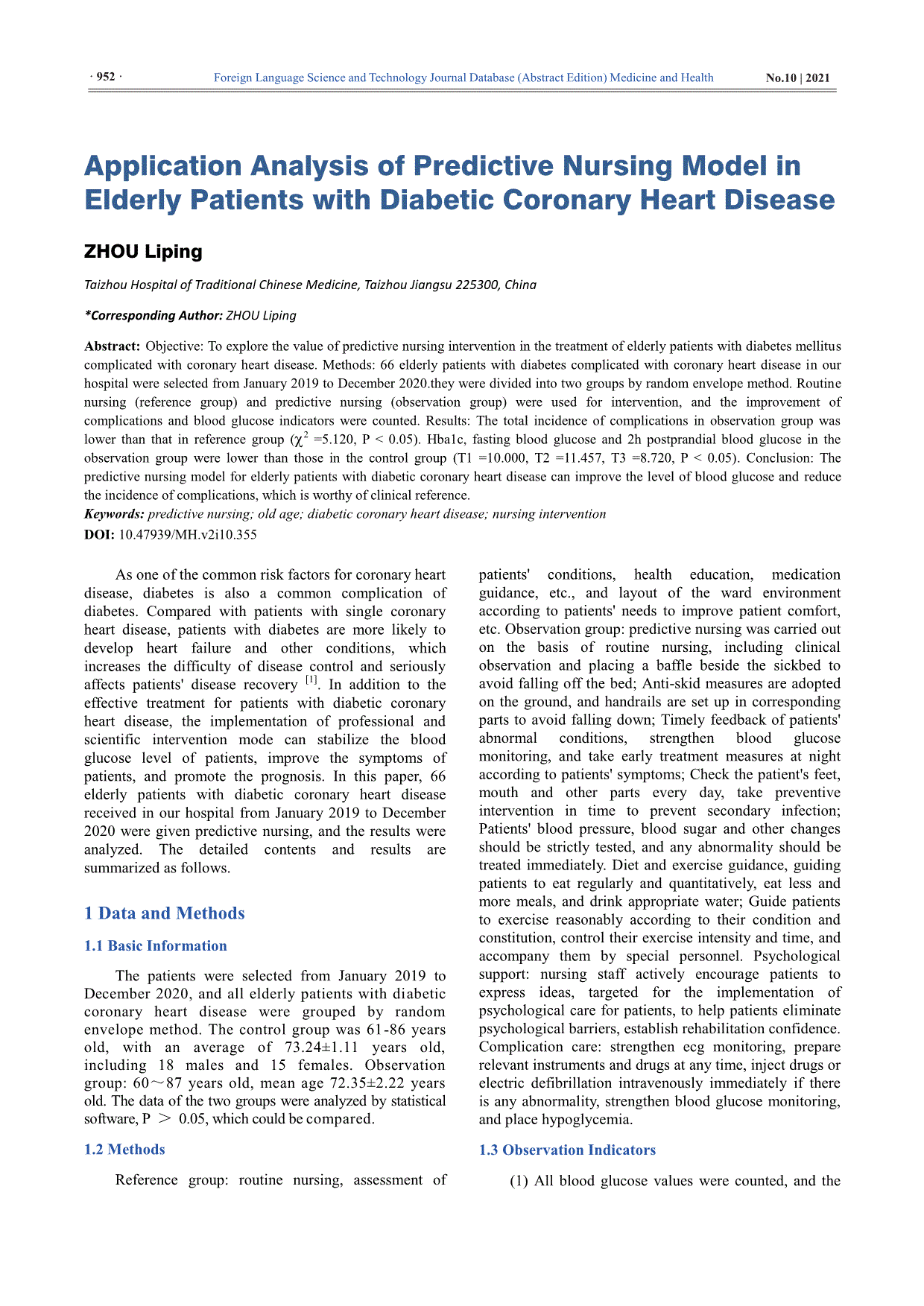Understanding the Benefits and Applications of PET Scan for Heart Health
#### PET Scan for HeartA PET scan for heart is a specialized imaging technique that utilizes positron emission tomography (PET) to assess heart function and……
#### PET Scan for Heart
A PET scan for heart is a specialized imaging technique that utilizes positron emission tomography (PET) to assess heart function and detect various cardiovascular conditions. This advanced diagnostic tool provides valuable insights into the heart's metabolic activity, blood flow, and the presence of any abnormalities, making it an essential component in modern cardiology.
#### What is a PET Scan?
Positron Emission Tomography (PET) is a non-invasive imaging technique that allows healthcare providers to observe metabolic processes in the body. During a PET scan, a small amount of radioactive material, called a radiotracer, is injected into the patient’s bloodstream. This tracer emits positrons, which are detected by the PET scanner to create detailed images of the organs and tissues. When it comes to the heart, the PET scan can reveal how well the heart is functioning and whether there are any areas of reduced blood flow or other issues.
#### Why is a PET Scan for Heart Important?
A PET scan for heart is particularly important for diagnosing and managing various heart conditions, including coronary artery disease, heart failure, and cardiomyopathy. Unlike traditional imaging methods, such as X-rays or CT scans, PET scans provide a unique perspective on the heart’s metabolic activity, allowing for a more comprehensive evaluation. This is crucial for determining the best course of treatment for patients, as it helps to identify areas of the heart that may be at risk or not receiving adequate blood supply.
#### How Does a PET Scan for Heart Work?

The process of a PET scan for heart typically begins with the administration of a radiotracer. Patients may be asked to fast for several hours prior to the scan to ensure accurate results. Once the tracer is injected, it travels through the bloodstream and accumulates in the heart muscle. The patient then lies on a table that slides into the PET scanner, which takes images of the heart from various angles. The entire procedure usually takes about 30 to 60 minutes, and patients can resume normal activities shortly afterward.
#### What Conditions Can Be Diagnosed with a PET Scan for Heart?
A PET scan for heart is effective in diagnosing several conditions, including:
1. **Coronary Artery Disease**: By assessing blood flow to the heart muscle, a PET scan can identify blockages or narrowing of the coronary arteries.
2. **Heart Failure**: PET scans can help evaluate the severity of heart failure and the heart's pumping ability.
3. **Cardiomyopathy**: This imaging technique can aid in diagnosing various forms of cardiomyopathy, which affects the heart muscle's size and function.

4. **Assessment of Viability**: PET scans can determine whether areas of the heart muscle are still viable or have been irreversibly damaged due to a heart attack.
#### Benefits of PET Scan for Heart
The benefits of undergoing a PET scan for heart health are numerous:
- **Early Detection**: PET scans can identify heart issues before symptoms appear, allowing for early intervention.
- **Non-invasive**: This imaging technique does not require any surgical procedures, making it safer for patients.
- **Comprehensive Information**: PET scans provide detailed information about blood flow and metabolism, which is crucial for accurate diagnosis and treatment planning.

- **Guiding Treatment Decisions**: The results of a PET scan can help doctors make informed decisions about the most appropriate treatments, including medication, lifestyle changes, or surgical options.
#### Conclusion
In conclusion, a PET scan for heart is a vital tool in modern cardiology, offering detailed insights into heart function and helping to diagnose a range of cardiovascular conditions. By understanding how this advanced imaging technique works and its importance in assessing heart health, patients can make informed decisions about their care. If you are experiencing symptoms of heart disease or have risk factors, consult your healthcare provider to see if a PET scan for heart might be right for you.